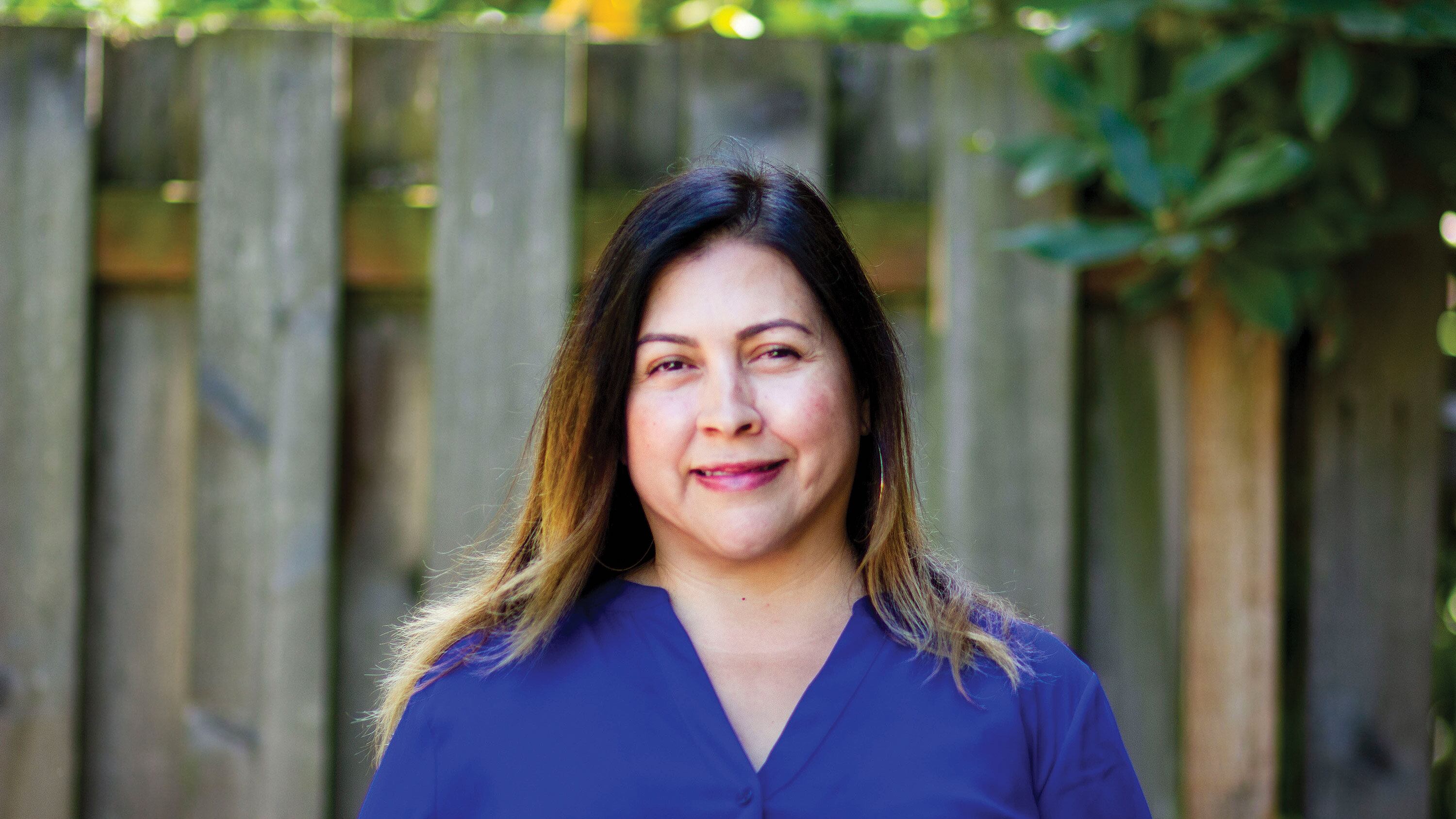Carmen Rubio has been preparing to run for office for a while. But she says now is a crucial moment.
Last week, Rubio sat down with WW for an interview to talk about her priorities, how the mayor is doing, and being a woman of color seeking public office in the time of Trump.
WW: Can you tell us about your background?
Carmen Rubio: My grandfather was a bracero. He was a Mexican contracted laborer from Durango, Mexico. He came up in the ’40s. My grandmother joined him in Texas. They made their way up to the Napa Valley and eventually, North Plains, Ore., and settled there in the migrant camps. My dad had a similar trajectory. He’s Mexican from Chihuahua and his mom and siblings came up by way of New Mexico and then to Oregon. We didn’t have a lot of money—I moved probably about 10 times before I was 14. That’s why housing and stability in families is really important to me.
What got you interested in politics?
One of the most formative experiences I had was when I worked for [then-Multnomah County Commissioner] Serena Cruz. Not even two weeks into the job, I got a phone call from this woman in rural Central Oregon. She needed to talk in Spanish, and she was looking for help for a local issue. We were like, ‘Why is she calling us in Portland?’ It was pretty clear she wanted to talk to someone who understood her and would treat her with dignity. That’s really part of what compels me to run: I want to be the person people feel comfortable coming to. All Portlanders, no matter what your background is.
Why run now?
I would definitely advocate for more prevention programs and intervention programs. One of them is rent assistance. As a community-based organization that disperses funds for the city and the county to needy families and individuals, the Latino Network sees people in crisis every single day. I would definitely support increasing rent assistance as one of many other strategies. I also believe in the importance of permanent supportive housing that includes social services, including mental health and substance abuse treatment.
Where else do you see room for improvement?
The Office of Community and Civic Life. I’m supportive of the position of including more voices at the table. I think that’s something neighborhood associations want as well. How we do that is an interesting challenge. I’m also very interested in how we retain the cultural personality historic to those neighborhoods, but also encourage business growth and development and community participation. And I’m specifically talking about east of 82nd Avenue.
Do you support changing Portland’s form of government?
Yes. I would push toward election by districts.
What grade would you give the mayor so far?
I think the mayor is doing his best in a really hard time. I’m not going to assign a grade to him. If I’m elected, I’ll have to work with him. And I want to have a relationship where I could probably give him the feedback that he needed.
You’re seeking to qualify for public financing for your campaign. Why should taxpayers pay for your campaign rather than critical services you’ve identified as underfunded?
I run a nonprofit, I’m needed there. And I also am on my own. So I can’t take time off to run. I’d prefer to have the opportunity to really learn the issues and meet with people—rather than spending my time raising money.
We’re living at a moment when the president uses racist slurs against elected officials who come from different backgrounds than him. Does that frighten you?

